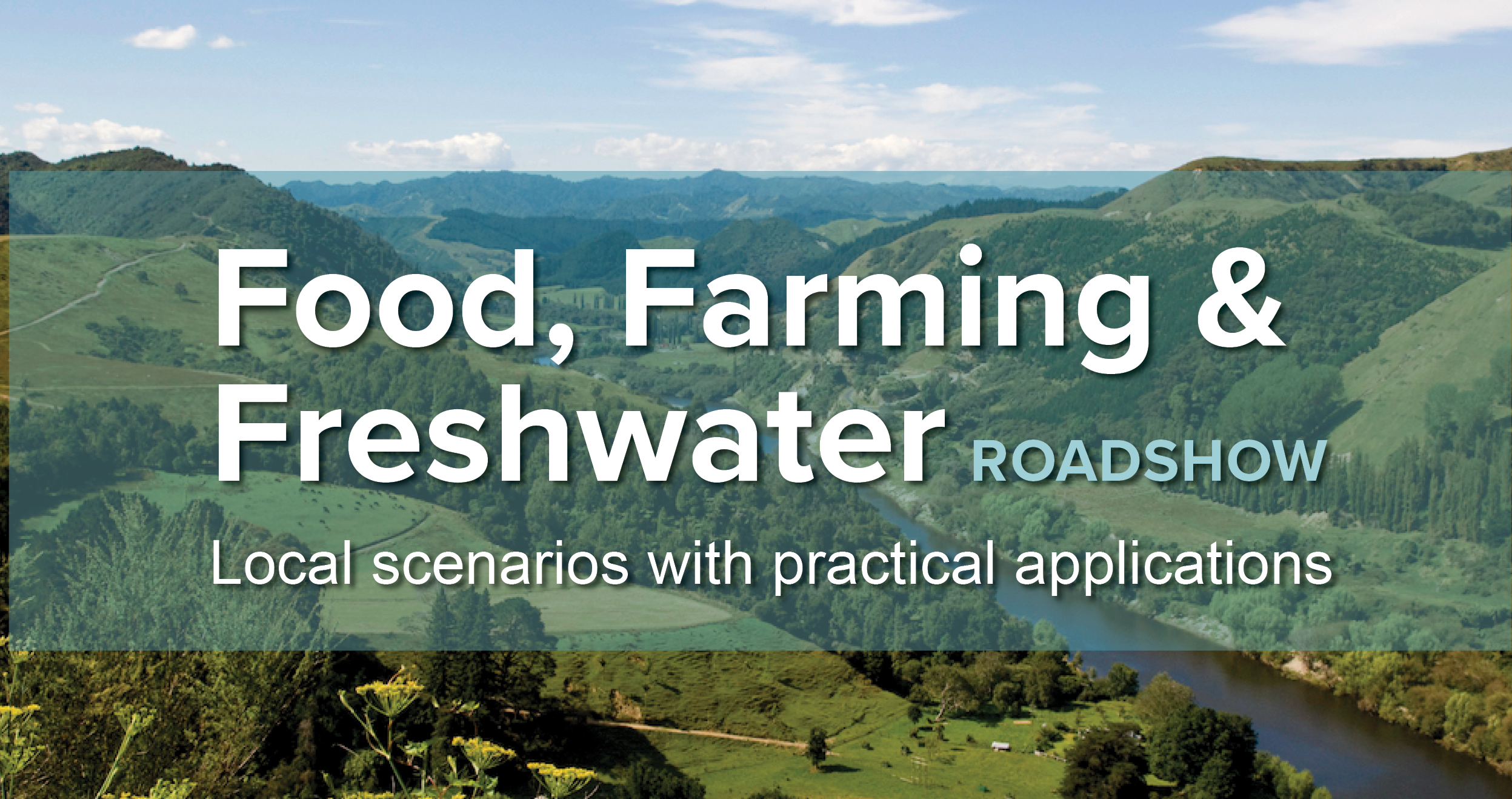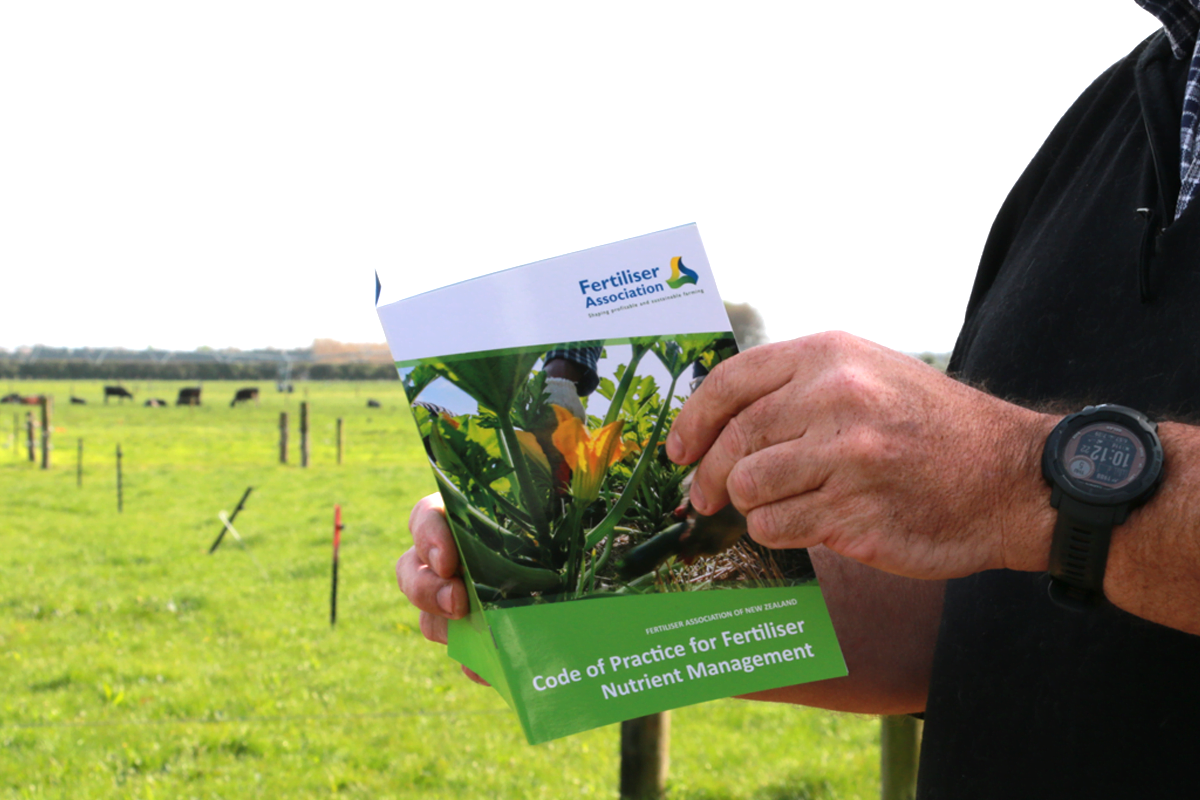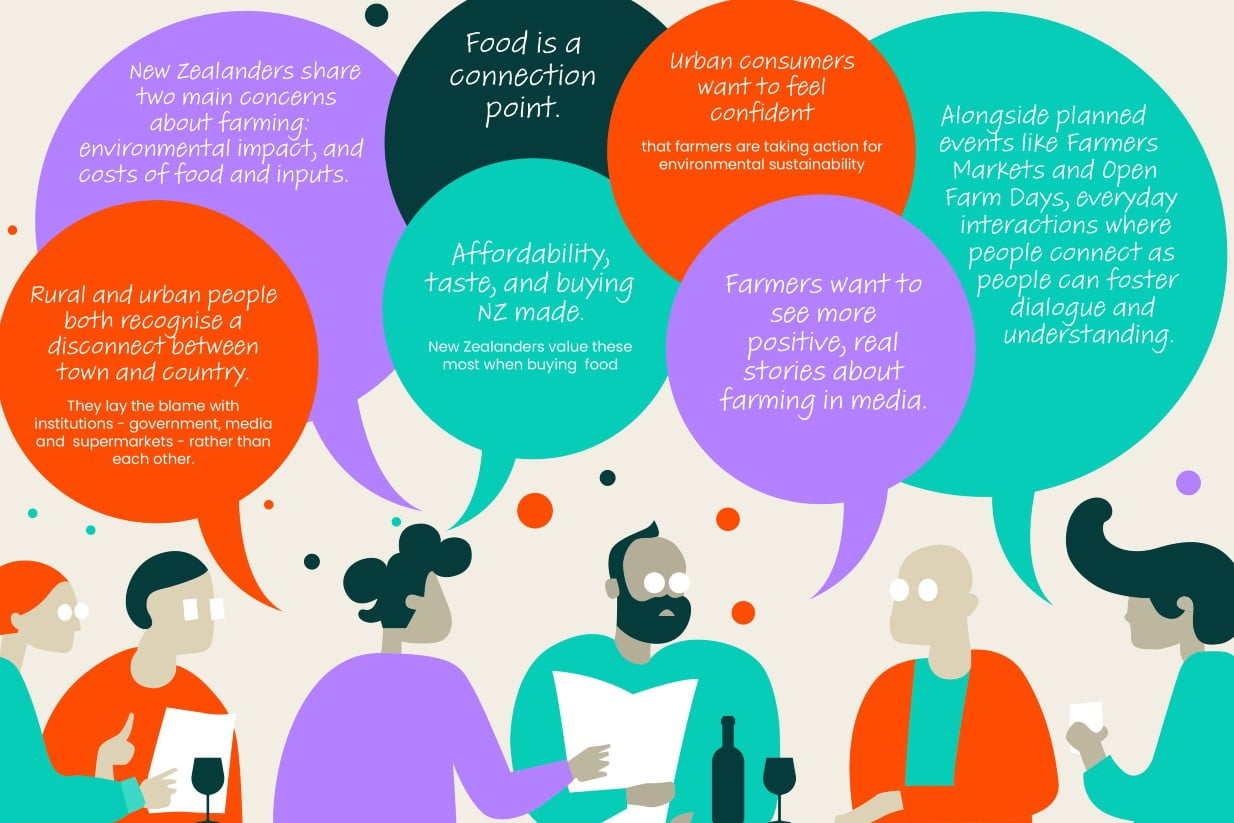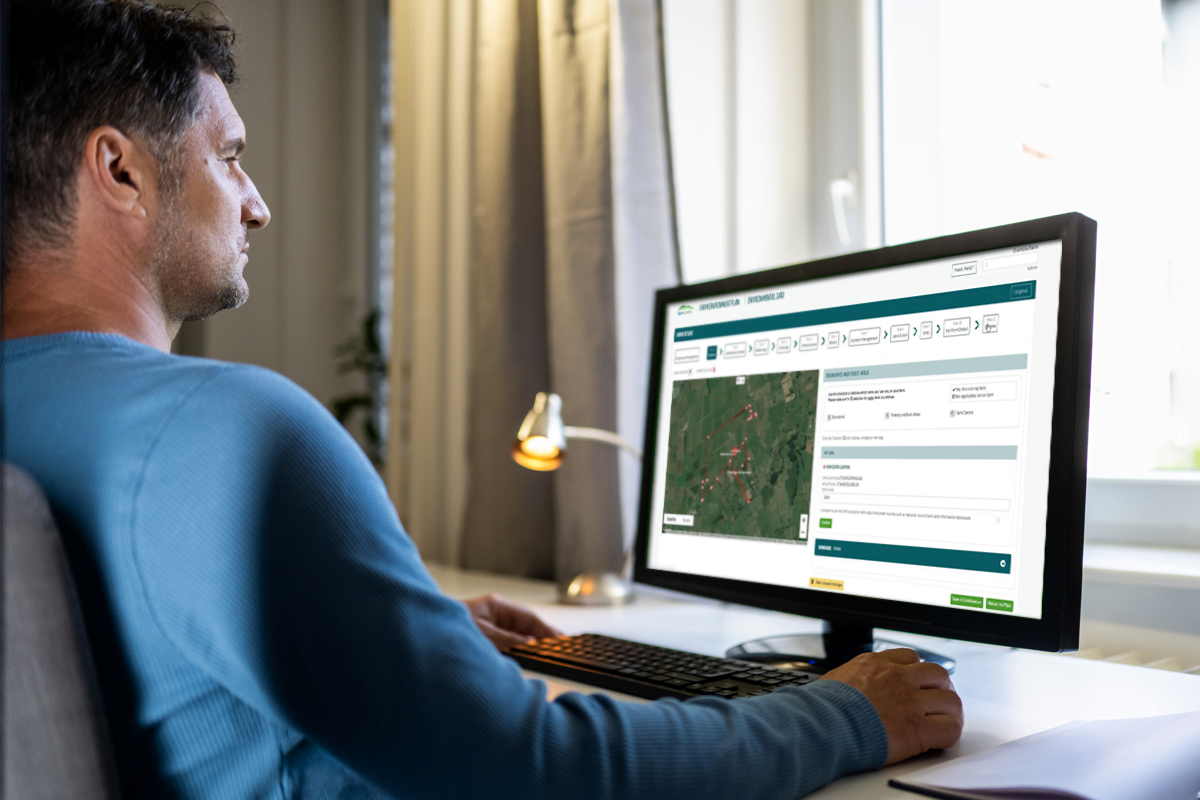Countdown is Testing Regenerative Principles
Countdown is working with one of its biggest produce suppliers, LeaderBrand Produce, to trial regenerative agriculture principles and practices defined in a white paper funded by Our Land and Water.
Working with one of its biggest produce suppliers, LeaderBrand Produce, Countdown is set to trial regenerative agriculture principles and practices defined in a white paper funded by Our Land and Water. With the trial having begun in June 2022, the commercial-scale, three-year pilot will be run out of LeaderBrand’s Gisborne operation.
LeaderBrand grows produce including buttercup squash, broccoli, sweetcorn, tomatoes, and salad crops, on approximately 3500ha of farms located across Aotearoa. LeaderBrand is co-funding the trial with Countdown, and Plant & Food Research is involved as a partner.
Countdown is a major food retailer in Aotearoa, with 181 supermarkets serving more than 2.5 million customers a week. It has a strong interest in issues relating to food supply, climate and food security. Countdown made over 40 sustainability commitments to be met by 2025, including looking at what regenerative agriculture meant for Countdown and its fresh food supply chain.
This joint initiative from two significant organisations in the New Zealand food system will add to the body of knowledge on using regenerative practices for annual vegetable production in New Zealand. Countdown plans to share the results of the pilot with the thousands of growers and farmers that supply its supermarket in New Zealand. If positive environmental results are demonstrated, this will potentially encourage faster adoption of practices that contributed to the desired outcomes, contributing to the Our Land and Water objective to improve water quality while enhancing the production of New Zealand’s primary sector.
The trial involves exploring 11 principles of regenerative agriculture defined in the white paper ‘Regenerative Agriculture in Aotearoa New Zealand – Research Pathways to Build Science-Based Evidence and National Narratives’, a key output from a Regenerative Agriculture research project funded by Our Land and Water and led by Dr Gwen Grelet, senior scientist at Manaaki Whenua – Landcare Research.
“The white paper pulled everything in the New Zealand context together nicely and gave us a strong platform for continuing our conversations in the regenerative agriculture space.”
– Kiri Hannifin, Countdown's Director of Sustainability
The research was initiated in response to increasing numbers of farmers transitioning to regenerative agriculture in New Zealand, and multinational food companies (including McCain, PepsiCo, Nestlé, Unilever, General Mills and Danone) promoting its uptake globally. The white paper set out 17 priority research topics identified by representatives of New Zealand’s agri-food system, and introduced 11 principles for regenerative farming in New Zealand.
“We have used the white paper as a basis for our thinking, as well as drawing on international and New Zealand research,” says Kiri Hannifin, Countdown's Director of Sustainability. “The white paper pulled everything in the New Zealand context together nicely and gave us a strong platform for continuing our conversations in the regenerative agriculture space.”
Represented by Ally Orr (Communications Advisor, Countdown) and Sharleen Gargiulo (Sustainability Manager – Human rights and food systems, Countdown), Countdown participated in three of four agricultural sector working groups that shaped the research priorities defined in the white paper. “It was great being part of the working group to hear perspectives from different parts of the industry, and different contexts. A lot of honesty comes where there is no commercial relationship,” says Ms Orr.
Due to the independent, cross-institute nature of the National Science Challenges, as funder of this research OLW had a unique convening power that encouraged the participation of a wide and diverse range of people across the agri-food and fibre system in these working groups.
After gathering information from the working groups, white paper, and undertaking its own literature-based research, Countdown decided the best pathway forward was to test regenerative farming principles on the ground and worked with LeaderBrand and Plant & Food Research to put together a programme of work for a pilot trial.
“It was great being part of the working group to hear perspectives from different parts of the industry, and different contexts. A lot of honesty comes where there is no commercial relationship”
– Ally Orr, Communications Advisor, Countdown
A demonstration trial site will be established to evaluate the impacts of using compost and cover crops across two crop rotations: winter salads and a main summer crop. The trial site will run alongside a control site operating under current management practices. Both sites will measure soil chemistry, physics and biology, to evaluate the effects of regenerative management practices on production, soil health outcomes, and environmental risks such as nitrate leaching.
Key focus areas for the pilot include looking at the use of compost as a supplementary nutrient source and soil conditioner to improve soil health; the strategic use of cover crops to improve soil health and recycle nutrients; and the role of perennial planting in the farmscape to facilitate ecosystem restoration. The project will also look at how implementing these regenerative practices and principles affect local communities, iwi, and workers on farm, and will integrate feedback from those stakeholders.
This article was prepared as an impact case study for MBIE as part of Our Land and Water's 2021–22 annual reporting requirement.
Photo above: Countdown buyer speaks with cabbage grower on farm.
More information:
Author
 View Our Strategy Document 2019 – 2024
View Our Strategy Document 2019 – 2024




Leave a Reply